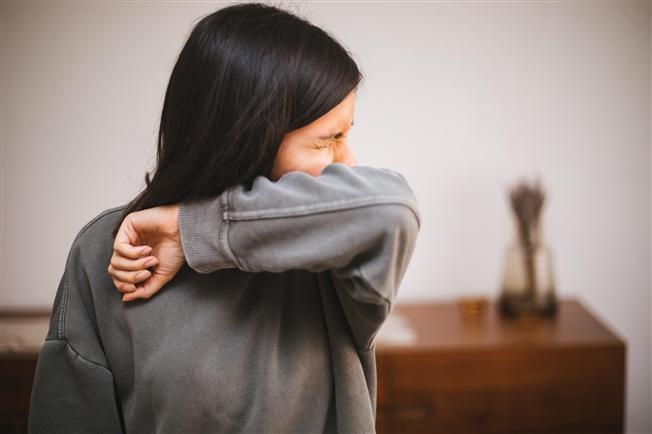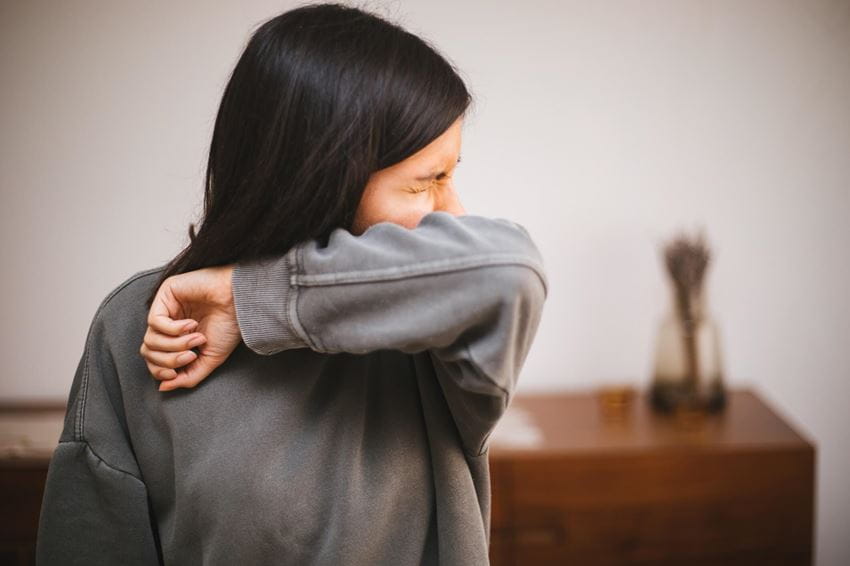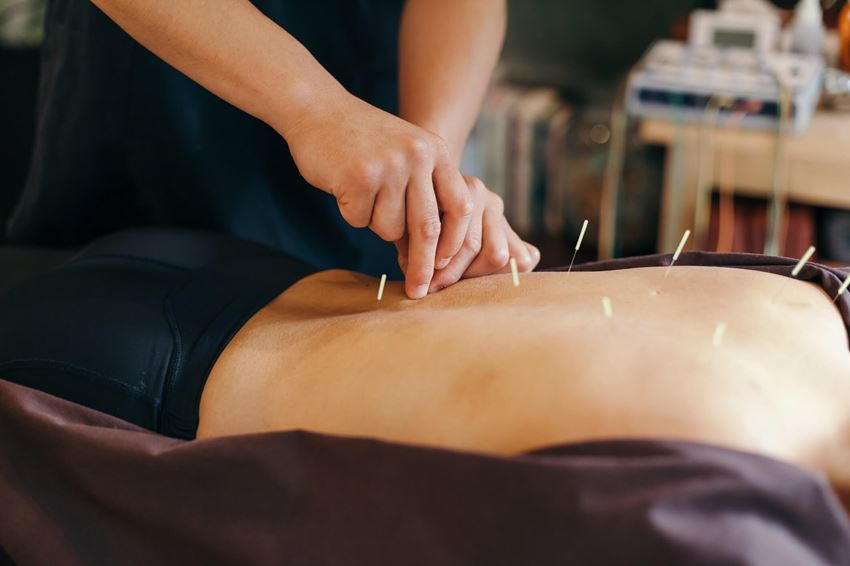How acupuncture can improve allergy symptoms

The first signs of spring are a welcome sight—especially after a year spent indoors—but the change of season also means the arrival of an unwelcome visitor: spring allergies. For most of us, preparing for allergy season means stocking the medicine cabinet with nasal sprays and tissues. But what if the secret to allergy relief was in needles, not nasal sprays?

For some patients, acupuncture treatments can be enough to relieve uncomfortable allergy symptoms like sneezing and nasal congestion. For patients who have mild allergy symptoms or whose allergies are primarily seasonal, acupuncture has been shown to reduce their symptoms.
Acupuncture and allergies: How it works
During an acupuncture session, a licensed acupuncturist will apply several very thin needles into different areas of your skin—called acupuncture points. Your body contains thousands of these acupuncture points, which are all thought to be connected to pathways in the body called meridians. Each meridian is associated with an organ or system in the body, and an acupuncturist will target points and meridians based on the health issue you're seeking treatment for.
The acupuncture points targeted for allergies will be different than those targeted for say, back pain or headaches. For allergies, the acupuncture points may be located on the front of the body, like the front of the hand, feet, around the nose and face or on the ears.
If you're nervous about needles, acupuncture might not be right for you, but most patients say the placement of these needles is relatively painless. If traditional allergy relief methods haven't worked for you before, don't let a fear of needles keep you away from acupuncture.
For some people, a few acupuncture sessions may be enough to relieve allergy symptoms. For others whose symptoms are more severe, acupuncture may be used in conjunction with other conventional treatments like over-the-counter medications and nasal sprays.

What else you can do to manage allergies
In addition to relying on conventional medication and trying acupuncture, if you choose, there are some other steps you can take to manage your allergy symptoms:
- Do a spring cleaning and clean out particularly dusty or moldy areas of your home like air vents, basements and attics
- Stick to indoor activities to minimize pollen exposure
- Keep doors and windows closed
- Take a shower to rinse off pollen after outdoor activities
If you've taken the steps to prevent allergies but continue to notice severe symptoms, make an appointment with your primary care provider, who can recommend a corticosteroid, antihistamine or decongestant to relieve your symptoms.
If you're interested in pursuing acupuncture for allergy treatment, discuss your interest with your primary care doctor, allergist or an integrative medicine specialist to make sure it's safe for you. Your provider can also help you find a licensed acupuncturist to ensure you're getting safe, effective treatment.
Next steps:
Learn more about primary care at Main Line Health
The top searched health questions this year (so far)
 Content you want, delivered to your inbox
Content you want, delivered to your inbox
Want to get the latest health and wellness articles delivered right to your inbox?
Subscribe to the Well Ahead Newsletter.
